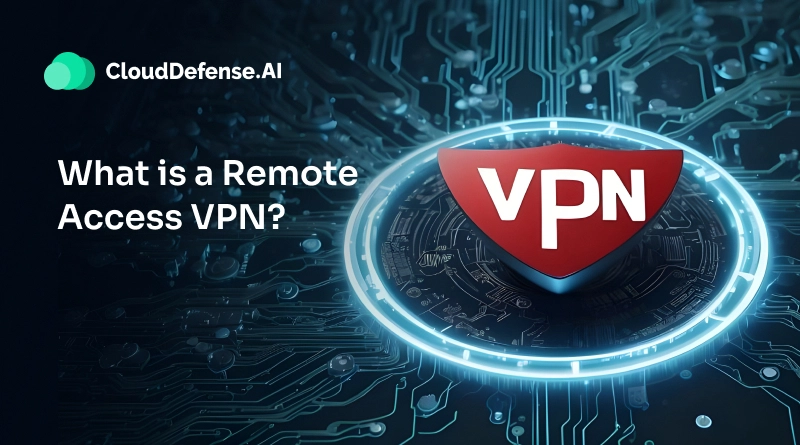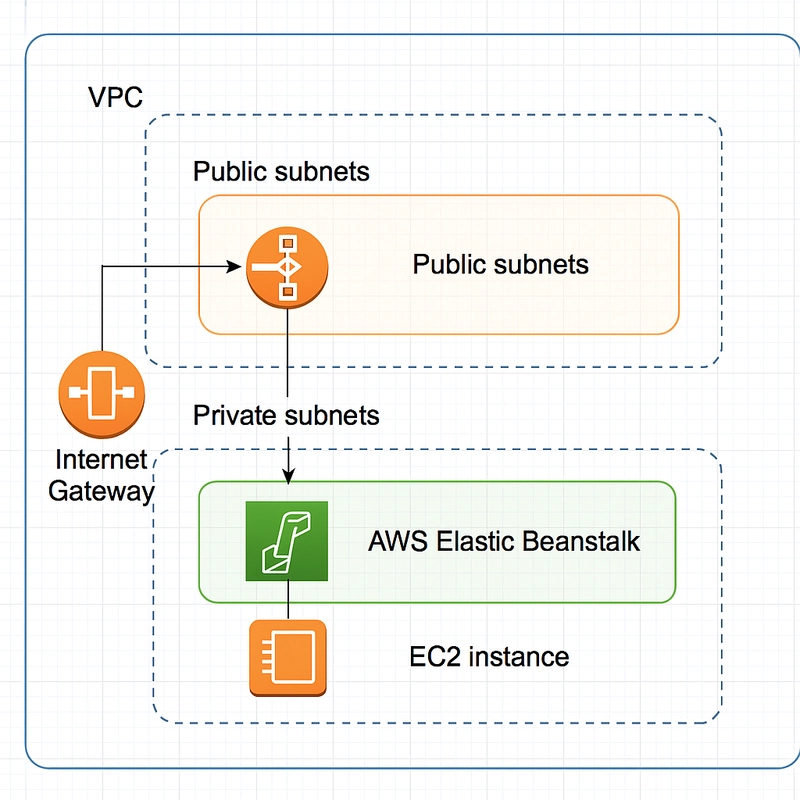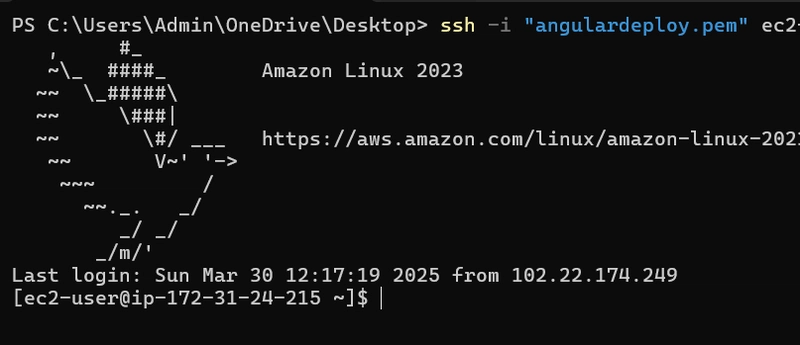What is a Remote Access VPN?
As remote work becomes a standard across industries, safeguarding access to company systems has never been more critical. That’s where Remote Access VPNs step in—providing a reliable, encrypted connection between remote users and internal business networks. What is a Remote Access VPN? A Remote Access VPN enables off-site employees to safely reach corporate data and applications housed within company servers or data centers. It encrypts all internet traffic, shielding sensitive information from cybercriminals and unauthorized access. Think of it as a secure, invisible tunnel linking your home office to your company’s internal network. How Does It Function? The connection process begins with the user launching VPN software on their device. After verifying credentials, the VPN creates an encrypted link to a VPN gateway, which acts as the bridge to the corporate network. Once connected, users can work as if they were plugged into the office network. To protect against cyber threats, modern VPNs include multi-factor authentication and industry-grade encryption, reducing the chances of breaches stemming from vulnerable devices or unprotected networks. Key Advantages for Businesses Reliable Access from Anywhere: Employees can securely work from any location without worrying about data leaks or slow connectivity. Budget-Friendly Security: Compared to more complex security setups, VPNs provide a cost-effective way to protect company information. Secure Data Transmission: All communications are encrypted, ensuring that critical files and information remain safe during transit. How It Differs from Site-to-Site VPNs Site-to-site VPNs are designed to connect entire office networks, perfect for companies with multiple branches. Remote access VPNs, however, focus on individual users—offering each one a secure path to access internal tools from remote environments. Potential Security Challenges Despite their benefits, VPNs can introduce risks if not managed properly: Unsecured Endpoints: Personal devices may lack sufficient protection. Limited Insight into Activity: Encrypted traffic may mask malicious behavior. Overly Broad Access: VPNs often can’t enforce granular user permissions. Centralized Vulnerability: If the VPN gateway fails or is attacked, it could disrupt access for the entire remote workforce. Wrapping Up Remote Access VPNs offer a strong foundation for remote operations. They allow employees to stay connected and productive while keeping data secure. Still, organizations must complement VPN use with strong endpoint security and access controls. With the right measures in place, businesses can support a secure, flexible, and resilient remote work environment.


As remote work becomes a standard across industries, safeguarding access to company systems has never been more critical. That’s where Remote Access VPNs step in—providing a reliable, encrypted connection between remote users and internal business networks.
What is a Remote Access VPN?
A Remote Access VPN enables off-site employees to safely reach corporate data and applications housed within company servers or data centers. It encrypts all internet traffic, shielding sensitive information from cybercriminals and unauthorized access. Think of it as a secure, invisible tunnel linking your home office to your company’s internal network.
How Does It Function?
The connection process begins with the user launching VPN software on their device. After verifying credentials, the VPN creates an encrypted link to a VPN gateway, which acts as the bridge to the corporate network. Once connected, users can work as if they were plugged into the office network.
To protect against cyber threats, modern VPNs include multi-factor authentication and industry-grade encryption, reducing the chances of breaches stemming from vulnerable devices or unprotected networks.
Key Advantages for Businesses
- Reliable Access from Anywhere: Employees can securely work from any location without worrying about data leaks or slow connectivity.
- Budget-Friendly Security: Compared to more complex security setups, VPNs provide a cost-effective way to protect company information.
- Secure Data Transmission: All communications are encrypted, ensuring that critical files and information remain safe during transit.
How It Differs from Site-to-Site VPNs
Site-to-site VPNs are designed to connect entire office networks, perfect for companies with multiple branches. Remote access VPNs, however, focus on individual users—offering each one a secure path to access internal tools from remote environments.
Potential Security Challenges
Despite their benefits, VPNs can introduce risks if not managed properly:
- Unsecured Endpoints: Personal devices may lack sufficient protection.
- Limited Insight into Activity: Encrypted traffic may mask malicious behavior.
- Overly Broad Access: VPNs often can’t enforce granular user permissions.
- Centralized Vulnerability: If the VPN gateway fails or is attacked, it could disrupt access for the entire remote workforce.
Wrapping Up
Remote Access VPNs offer a strong foundation for remote operations. They allow employees to stay connected and productive while keeping data secure. Still, organizations must complement VPN use with strong endpoint security and access controls. With the right measures in place, businesses can support a secure, flexible, and resilient remote work environment.











































































































































































![[The AI Show Episode 142]: ChatGPT’s New Image Generator, Studio Ghibli Craze and Backlash, Gemini 2.5, OpenAI Academy, 4o Updates, Vibe Marketing & xAI Acquires X](https://www.marketingaiinstitute.com/hubfs/ep%20142%20cover.png)




























































































































![[DEALS] The Premium Learn to Code Certification Bundle (97% off) & Other Deals Up To 98% Off – Offers End Soon!](https://www.javacodegeeks.com/wp-content/uploads/2012/12/jcg-logo.jpg)


![From drop-out to software architect with Jason Lengstorf [Podcast #167]](https://cdn.hashnode.com/res/hashnode/image/upload/v1743796461357/f3d19cd7-e6f5-4d7c-8bfc-eb974bc8da68.png?#)








































































































.png?#)

































_Christophe_Coat_Alamy.jpg?#)
 (1).webp?#)





































































































![Apple Considers Delaying Smart Home Hub Until 2026 [Gurman]](https://www.iclarified.com/images/news/96946/96946/96946-640.jpg)
![iPhone 17 Pro Won't Feature Two-Toned Back [Gurman]](https://www.iclarified.com/images/news/96944/96944/96944-640.jpg)
![Tariffs Threaten Apple's $999 iPhone Price Point in the U.S. [Gurman]](https://www.iclarified.com/images/news/96943/96943/96943-640.jpg)




































































































































